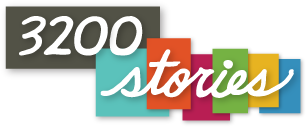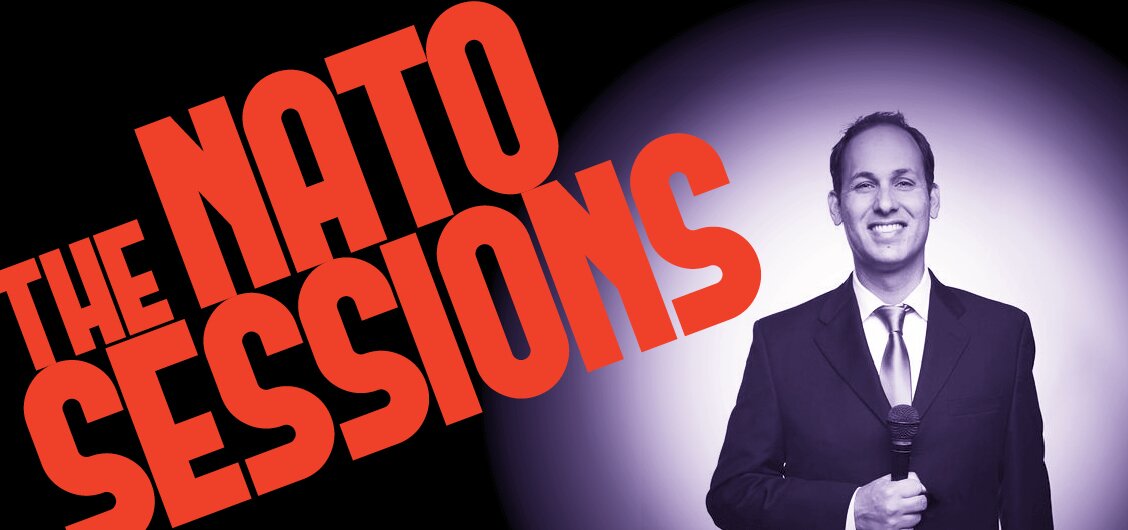I am a type of Jew that is common in the Bay Area. My parents were adjacent to the counterculture in the seventies, so we were forever “searching.” We were in and out of various synagogues, assembling ad hoc alternative Jewish family groups, having feminist or peace-themed seders. I tried going to Hebrew school at a mainstream reform congregation, but ended up arguing about the existence of God and then got my hands on The Conversion of the Jews in Phillip Roth's Goodbye Columbus. Finally, I had a bar mitzvah, but it wasn't affiliated with any congregation or officiated by an actual rabbi, and it involved a comic book and an Anthrax song.
To this day, I'm your basic three-day-a-year Jew. I like the big holidays, don't think much about religious observance, but am strongly Jewish identified. I like Jewish history and culture. I even like Jews. I love arguing. And I feel conflicted about the religion itself. I feel like I should know more but can't be bothered to make time for it. I don't enjoy going to services all day on the High Holidays but feel this distracting itch the entire time I'm not there.
All of this makes me probably the precise ripe fruit target demographic for Reboot and their programs about reimagining Jewish identity for the modern age. They published a book called Unscrolled: 54 Wrters & Artists Wrestle with the Torah. Recently I dug into these lofty and timeless matters with Unscrolled contributors Caitlin Roper of Wired and Ben Greenman, the co-writer of ?uestlove's memoir Mo Meta Blues. My interlocutor in this, and one of my favorite people with which to debate such questions, Rabbi David Kasher, was also on hand.

